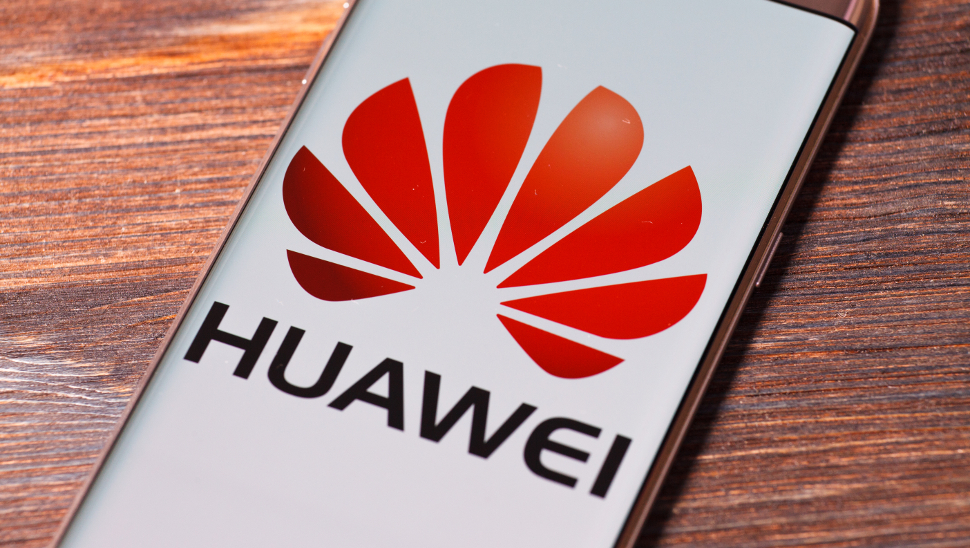Huawei: We make it cheaper and simpler to deploy 5G
Head of carrier business touts benefits of 5G kit ahead of MWC

Sign up for breaking news, reviews, opinion, top tech deals, and more.
You are now subscribed
Your newsletter sign-up was successful
Huawei has put its well-documented challenges to one side ahead of Mobile World Congress (MWC) by touting the capabilities of its 5G equipment portfolio to mobile operators.
The company is facing exclusion from several countries’ rollout of 5G due to fears of national security – allegations Huawei has repeatedly denied. But there is little appetite among mobile operators for a ban as they fear this would increases prices and decrease innovation.
Speaking at a pre-MWC event in London, the head of Huawei’s carrier business group Ryan Ding said the firm’s kit would make it easier and cheaper to deploy and maintain 5G networks.
“As of today, we have shipped more than 47,000 5G base stations and won more than 30 commercial contracts worldwide,” he said. “This is exciting progress.”
- What is 5G? Everything you need to know
- Huawei founder: US cannot crush us
- Huawei details 5G base station and modem chips
Huawei’s 5G promise
Ding espoused the benefits of its equipment over the competition, claiming Huawei’s ability to offer end-to-end 5G solutions that cover device, network and data centre would give it an advantage, noting the recent announcement of its Tiangang base station chip.
He also said that cheaper, smaller and lighter kit meant it only required four man-hours to upgrade a site from 4G to 5G compared to seven and a half for 3G to 4G. Not only that, there is no need to hire a crane.
During the presentation, Huawei detailed new base station technology such as the 5G AAU 64T64R, which is purported to offer 20 times the capacity of a traditional base station while being three times smaller.
Sign up to the TechRadar Pro newsletter to get all the top news, opinion, features and guidance your business needs to succeed!
In addition to the cost savings in upgrading sites, Ding argued 5G operators save operational costs. Huawei believes as much as half of operator spending is on maintenance, with energy bills a significant contributor.
“Our base station energy consumption is at least 30 per cent lower than our competitors,” said Ding. “If you use Huawei 5G base station, then 90 per cent of sites don’t need an upgraded AC power supply.”
“With the equipment we announced this morning, the cost-per-bit with 5G will be reduced by five to ten times.
“I firmly believe that all of our competitors have usable 5G base stations. However usable is different from good. I strongly urge you to compare our products with the competition in terms of power, size and power consumption.”

UK a 5G leader?
During his presentation, Ding participated in the “world’s first” 5G multi-operator call with representatives from EE, Three and Vodafone and declared the UK to be a leader in 5G.
When asked by TechRadar Pro to elaborate, Ding explained: “Globally, for 5G development, South Korea is the fastest and the UK is one of the fastest to deploy 5G in Europe … the UK was the first among European countries to release spectrum and operators are very innovation minded and open to new technologies.
“That’s why for the last few years we’ve been working with almost all the operators in the UK in the innovations released to base stations and overall site solutions for 5G.”
In general, Huawei is optimistic about 5G. It is encouraged by the accelerated rate of smartphone development, claiming this is the first generational shift in which the mobile ecosystem hasn’t lagged behind infrastructure. It predicts it will take just three years to get 500 million connections, compared to the five years it took 4G to achieve the same figure.
“At MWC next week, you might see that the 5G phones are a more popular topic than 5G base stations … and there might be more vendors showing 5G phones than there were for 4G in 2011,” said Ding. “The economy might have an impact on 5G [adoption], but generally speaking we are optimistic.”
The elephant in the room
But there is always an elephant in the room. The US effectively frozen Huawei out of its telecoms infrastructure for some time, but Australia has issued a formal ban for 5G and other countries have also expressed concerns. When asked what impact this will have on the company’s record revenues, Ding replied:
“In 2019, I believe we will have better growth as 5G is coming. I can say that there is some impact in some countries, but not in 95 per cent of our markets.
“In [some] markets, Huawei has become a very popular topic and we have become better known so in many ways [the US’s actions are] free advertising. What’s more, because of the security pressure from the industry, Huawei is even more motivated to improve our products and engineering.
“I believe this misunderstanding will exist for some time but if we continue to create the best products and services and be more transparent … this [scrutiny] will [eventually] turn into new opportunities.”
- Here are the best Huawei phone deals for February 2019
Steve McCaskill is TechRadar Pro's resident mobile industry expert, covering all aspects of the UK and global news, from operators to service providers and everything in between. He is a former editor of Silicon UK and journalist with over a decade's experience in the technology industry, writing about technology, in particular, telecoms, mobile and sports tech, sports, video games and media.